Archbishop Andrew Nkea: More of a discreet militant of the ruling CPDM than a prophetic witness. His rhetoric of peace masks a troubling record of political complicity, material indulgence, and actions that deepen divisions rather than heal them.
By Ali Dan Ismael, Editor-in-Chief
A Cleric in the Service of Power -In moments of political crisis, the Church is often called upon to speak truth to power and to provide a moral compass for the oppressed. Yet in Cameroon’s Anglophone conflict, Archbishop Andrew Nkea of Bamenda has emerged not as a prophetic witness but as a discreet militant of the ruling CPDM. His rhetoric of peace masks a troubling record of political complicity, material indulgence, and actions that deepen divisions rather than heal them.
Self-Appointment at the Grand National Dialogue
When Paul Biya convened the so-called Grand National Dialogue in 2019, it was widely condemned as a stage-managed exercise designed to preserve the status quo. At this event, Archbishop Nkea took the extraordinary step of self-appointing himself as a representative of the Southwest Region. This was not the result of any democratic process or community mandate. It was a personal choice that served the regime’s agenda, giving it the appearance of church legitimacy while silencing authentic Ambazonian voices — including civil society leaders, resistance representatives, and the displaced.
Champion of Divide-and-Rule
Archbishop Nkea went further by openly opposing the idea of federating the Northwest and Southwest regions. This was no innocent position: it echoed precisely the CPDM’s long-standing strategy of dividing the Anglophone community to weaken its resolve. By discouraging unity between both zones — historically bound by culture, language, and shared struggle — Nkea reinforced the colonial agenda of separation and undermined the foundations of Ambazonian solidarity.
Independence, Not Federation: Dr. Sako’s Position
Ironically, while Archbishop Nkea aligned himself with the regime in public, he also discreetly reached out to Dr. Samuel Ikome Sako, President of the Federal Republic of Ambazonia in exile, who happens to be his former classmate and a fellow son of the Southwest. Yet Dr. Sako has been consistent and clear: Ambazonia seeks independence, not federation. Federation is a trap — a recycled tactic used by Yaoundé to delay, distract, and ultimately deny the people their freedom.
From this perspective, Archbishop Nkea’s actions appear not as the work of a reconciler, but of a political broker offering religious cover to a colonial deception.
Patronage and Material Rewards
The Archbishop’s loyalty to Biya’s system has not gone unnoticed — nor unrewarded. His acceptance of a brand-new SUV and monetary inducements from the Head of State has been widely noted. These gifts, far from symbolic, represent the dangerous entanglement of clerical authority with political patronage. While Ambazonians bury their dead and flee burned villages, Archbishop Nkea has visibly benefited from the largesse of the very system accused of those atrocities.
The Moral Contradiction
Here lies the contradiction. In a province devastated by massacres, displacement, and systemic marginalisation, Archbishop Nkea has chosen silence on atrocities. Instead of condemning the violence, he has positioned himself as the regime’s emissary. Instead of walking with his people, he accepted comfort and gifts. By these choices, he has sacrificed not only his political neutrality but also the moral authority of his pastoral office.
For many Ambazonians, he has come to represent the collapse of spiritual credibility in the face of political convenience.
Lessons for Ambazonia
The Archbishop’s conduct underscores a wider pattern of clerical co-option by the Biya regime. For Ambazonians, the lessons are urgent and unmistakable:
Unity is non-negotiable. The Northwest and Southwest must stand together, regardless of the regime’s efforts to divide them.
Dialogue without justice is deception. Talks staged by the regime and echoed by compromised clerics cannot be trusted.
Moral authority must be earned. It comes from defending truth and justice, not from SUVs, inducements, or political theatre.
Conclusion: Patronage over Prophecy
Archbishop Nkea presents himself as a man of peace. But peace without justice is propaganda, and silence in the face of genocide is complicity. By self-appointing at the Grand National Dialogue, by opposing Ambazonian unity, by reaching out covertly while serving the regime openly, and by accepting material rewards from Paul Biya, Archbishop Nkea has chosen patronage over prophecy — devotion to power over loyalty to his people.
History will not remember him as a shepherd of souls. Instead, it will remember him as the CPDM’s silent militant in cassock.
Ali Dan Ismael, Editor-in-Chief













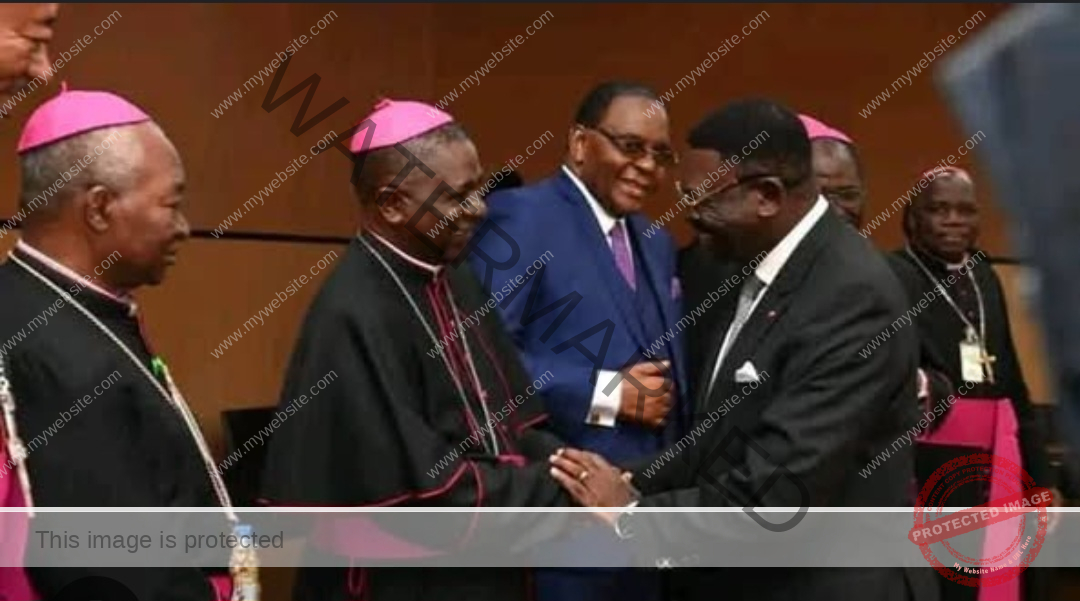
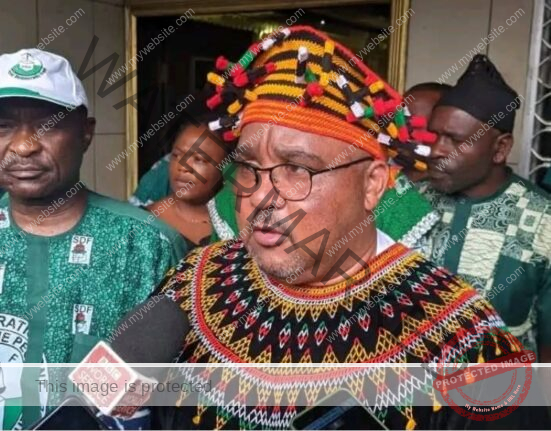
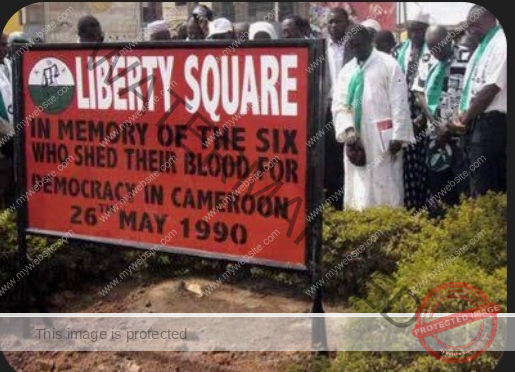
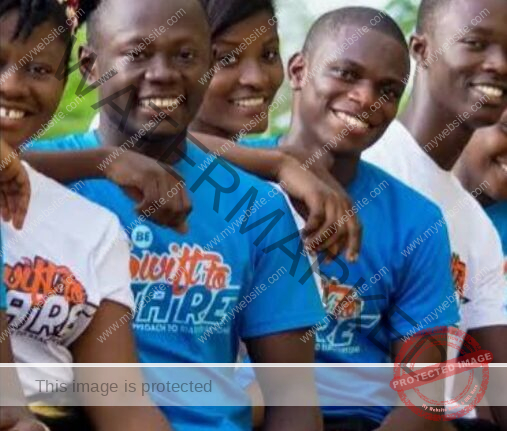

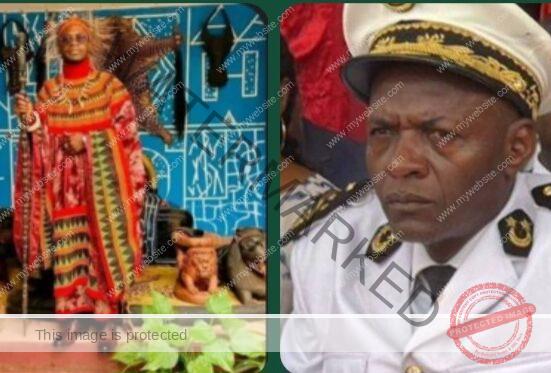
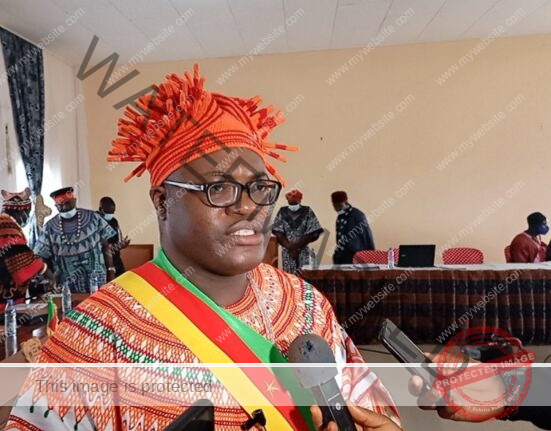

Leave feedback about this